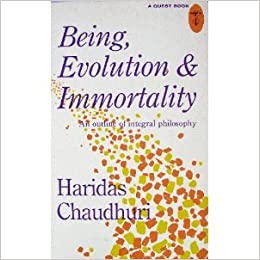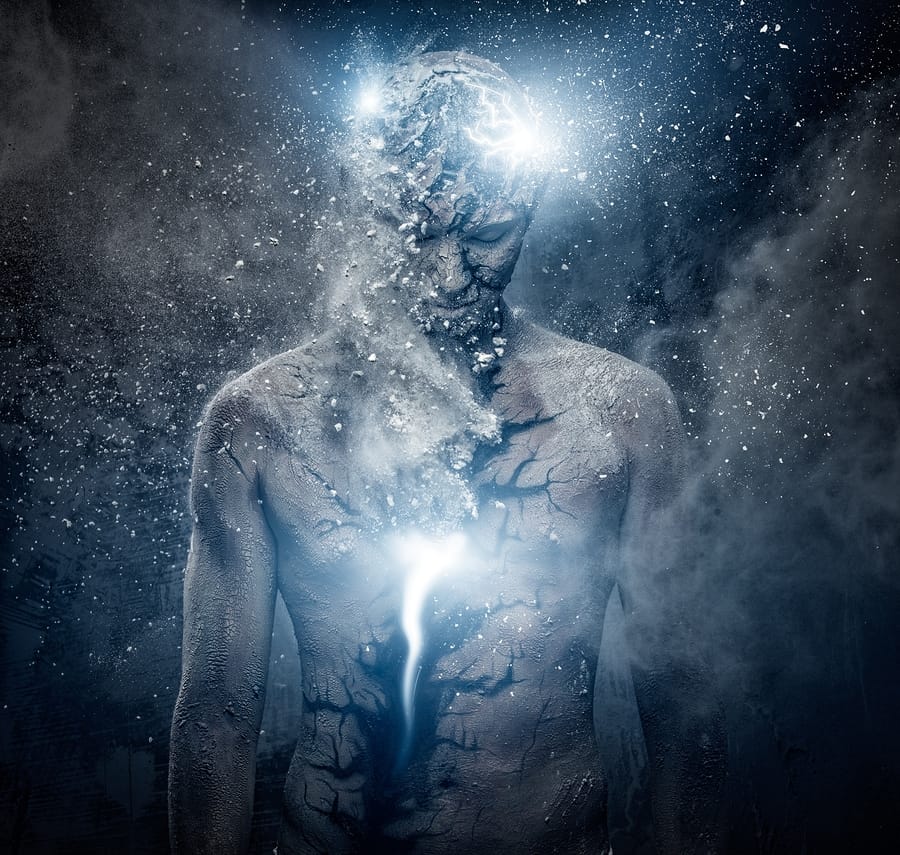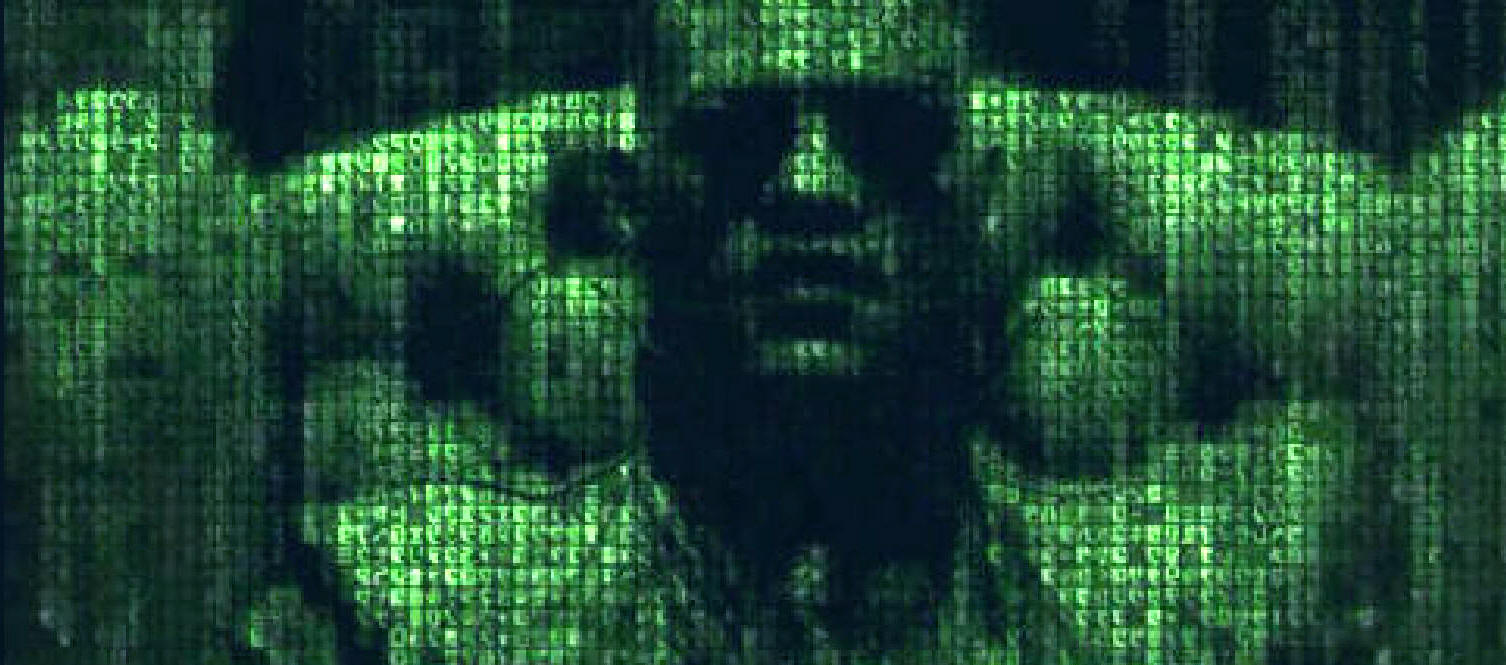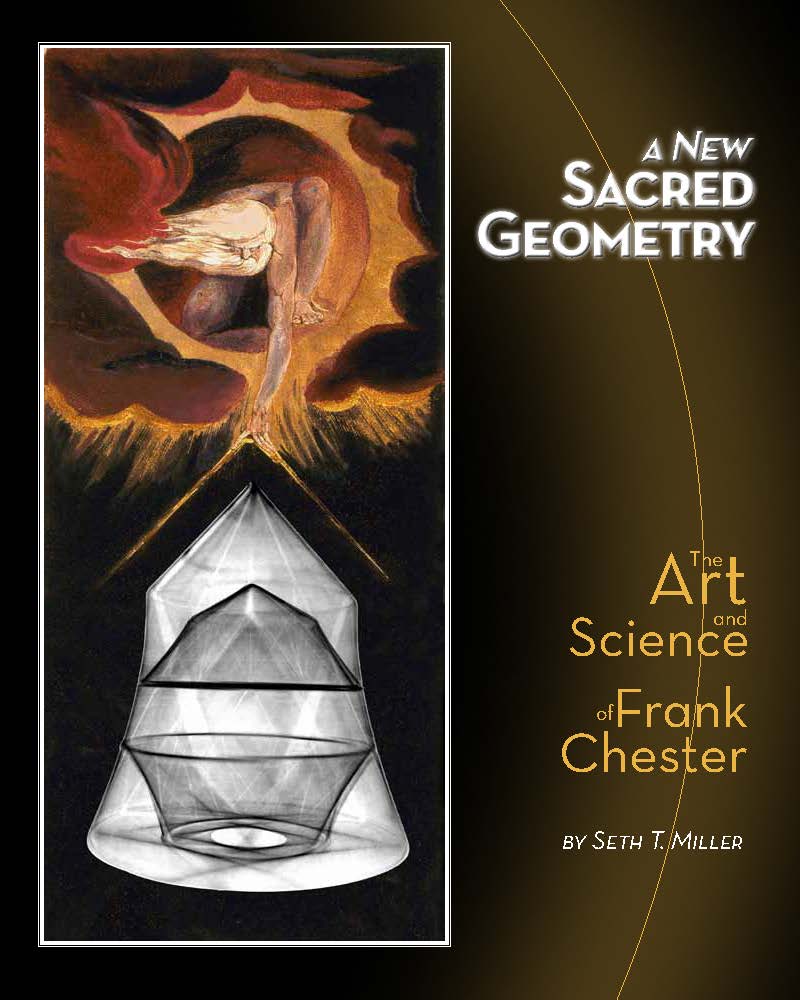Jul
03
2009
My general impression of this work was that Chaudhuri was writing in a very philosophical style about a topic which is far more than philosophical. The extent to which he took pains to delineate some various philosophical perspectives so that he could present the viewpoint of the integral yoga surprised me; I'm not sure...
Jun
12
2009
Much is owed to the ideas of Thomas Kuhn and his thoughts on science, which rightfully and helpfully recontextualize the practice of science in light of wider realities of human complexity. However, flowing out of postmodern trends, it is easy to then think of science as completely relative and just like any other knowledge...
Jun
11
2009
Embracing Reality offers two things, something of a semi-biographical contextualization of the development of Wilber's thoughts and writings, and a series of more-or-less detailed summaries of those same works. For anyone who is not familiar with the different phases of Wilber's thought, this is a nice reference work, and was most edifying for its picture...
May
07
2009
This post is about bringing forth a different way of speaking about ethics, which is usually bogged down with a load of ridiculously unquestioned Western philosophical THOUGHT baggage, which keeps ethics locked nicely away in principles which themselves are never acted, only known.
For this reason, Varela's idea that perception is based in ACTION is...
Apr
25
2009
This lecture presentation was given at the East Bay Waldorf School in 2007 (see flyer below). It explores the Matrix trilogy of movies from the perspective of spiritual science. Close attention is paid to the actual events in the "text" of the movies, with an eye towards illuminating features concerning the major characters and...
Mar
29
2009
Every conversation can lead to conversion; to a new context, a different way of perceiving, a step out of habitual patterns of thinking that we unknowingly carry with us or alternately identify as self. As one who attempts to live with Morin's "new way of thinking", one is never converted; one can only be...
Mar
26
2009
Goethean phenomenology acts as a transformative bridge between the researcher and a topic of inquiry. The method is unique not in that it attempts to work through the subject/object split, but rather in the WAY it attempts to do this.
Doing Goethean phenomenological research requires that one be completely open to what presents itself, while...
Mar
18
2009
(Note, the Blackfoot people have a process-oriented language, which is much more strongly verb-based, while English and most other languages are object/noun based.)
A friend of mine asked:
Do the Blackfoot people go through a phase where they need to have conceptual boxes, and then learn to transcend the need to reify these artificial demarcations,...
Mar
16
2009
A friend continued:
Does this mean there is no universal developmental stages that we each pass through simply due to the fact that we are all human? What are the underlying strata, the ground upon which both these explicate perspectives emerge? What is the implicate order regarding human development?
Prompting the response:
As for universal developmental stages......
Mar
15
2009
Evidence can be gained through a variety of means. Just as you would wish to use a sensitive detector of particular frequencies of light if you are doing x-ray crystallography, and not, say, an acoustic detector, so too we need to develop and use detectors that are appropriate to the realm in which we...
Mar
11
2009
I've been thinking about the co-existence of multiple descriptions of reality lately. In particular, as someone who has taught high-school physics, I run up against a philosophical quandary when I'm presenting, say Newton's laws of motion. Am I presenting a lie to the students, because quantum mechanics and general relativity replaced the Newtonian physics?
On...







